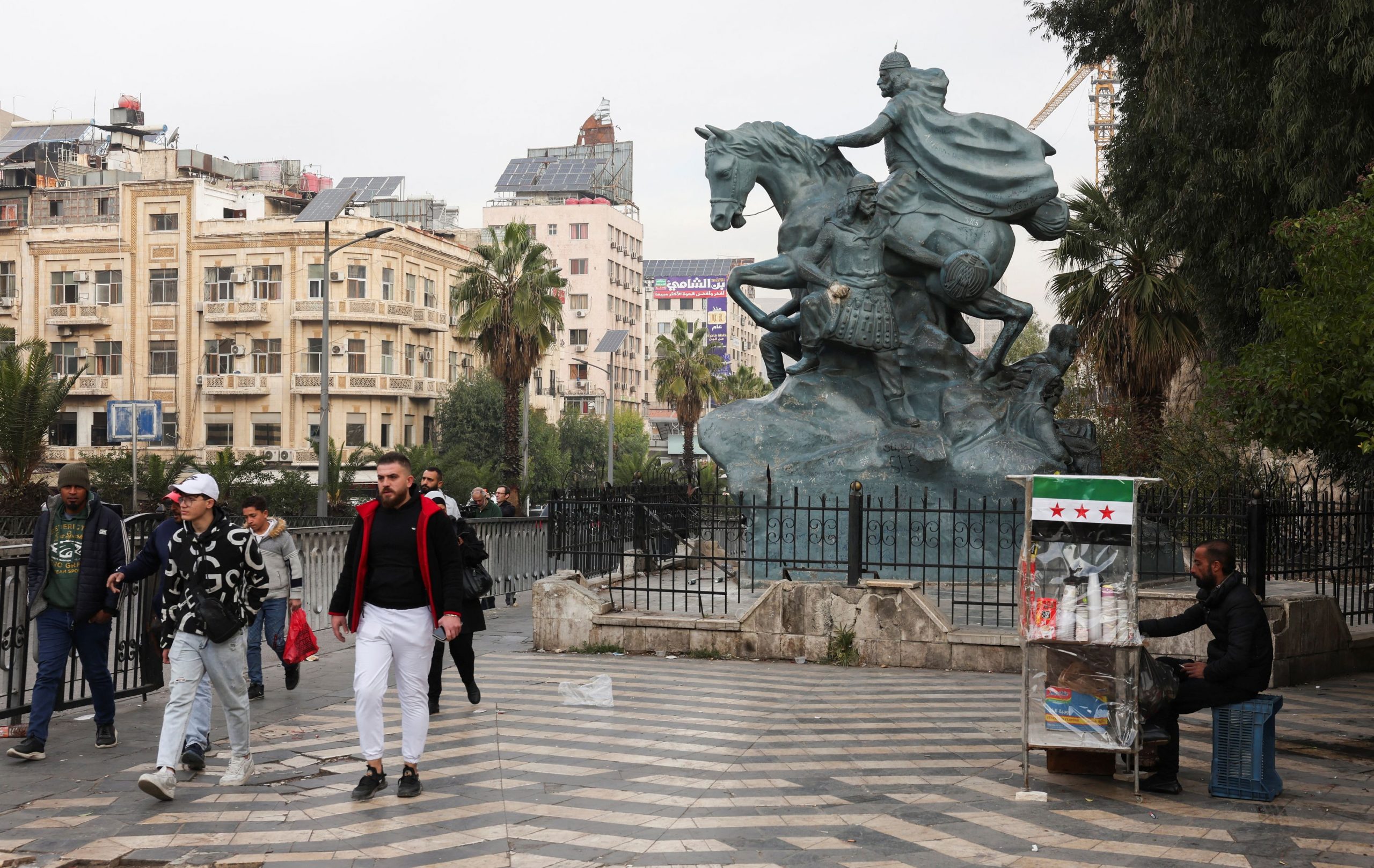Much has been said in recent days about a new chapter unfolding in the Middle East. What is happening in Syria has repercussions that extend far beyond the Syria’s borders, and this reality will persist regardless of who governs Damascus in the future.
Predicting Syria’s trajectory is fraught with uncertainty, given the many volatile variables at play. Yet, among the few certainties is the stark reality that Russia and Iran are emerging as the major losers in this upheaval. Both nations had placed all their bets on Assad’s regime and, together with the dictator, lost their dominant role in Syria overnight. For the region, Iran’s setback is especially consequential, as it disrupts its connections to its key allies, Hamas and Hezbollah (or what remains of them).
Turkey, on the other hand, is seen as the big winner in these shifts. Having intervened repeatedly in the civil war with its own forces, Turkey, leveraging a militia under its control, now fancies itself as a kingmaker in Damascus.
Assad’s abrupt downfall does not mark the end of Syria’s turmoil. Rather, it likely signals the beginning of a new phase in the struggle for power and influence. Reports of airstrikes underscore this reality: as Syrians celebrated the fall of the old regime, Israel, the United States, and Turkey carried out attacks in different locations. Washington targeted ISIS positions, Turkey struck Syrian Kurdish forces (who, ironically, are allied with the Americans), and Israel advanced into the buffer zone beyond the occupied Golan Heights, while also destroying military facilities across the country.
In this context, declarations of support for Syria’s sovereignty and territorial integrity—such as those recently issued by the United Nations Security Council—ring hollow.
Particular attention is now on Turkey, where Erdoğan’s Syria policy is driven by an unwavering goal: preventing any Kurdish presence along Turkey’s borders. Ideally, Turkey would prefer the central government in Damascus to resolve the Kurdish issue in alignment with Ankara’s interests—by neutralizing PKK-linked militias. Assad’s apparent unwillingness to take such steps drew Erdoğan’s ire, contributing to his ousting.
Even with Syria’s new leadership, Turkey’s policy will remain focused on the Kurdish issue. Should the new rulers in Damascus refuse to cooperate, Ankara is likely to continue its fight against Kurdish militias on Syrian soil, relying on its own forces and Syrian proxies.
None of this points to a rapid stabilization of the region. Much will depend on the behavior of the new power holders in Damascus. Initial statements from Western governments praise Islamist militia leader Abu Mohammed al-Golani for taking the “right first steps.” However, the long-term intentions of the purportedly reformed jihadists remain unclear. Their political and societal vision is unknown, though the biography of the revolution’s leader makes the emergence of a liberal and democratic Syria improbable. Instead, the nation seems poised for an Islamist form of governance.
The international response to the formation of a new government in Damascus will be critical. The conservative Gulf monarchies have no interest in seeing a neighboring Arab republic that respects human rights and individual freedoms. Meanwhile, Europe faces its own challenges. Militarily irrelevant in the power struggle, Europe associates the Syrian catastrophe primarily with unmanageable refugee flows, which have fueled a dramatic rise in right-wing extremism. Now, a public debate has already begun over whether it is time to return the approximately two million Syrian refugees to their homeland.
Many refugees are eager to return, but understandably, they hinge their decision on the quality of the new government in Damascus. Without substantial investments in rebuilding the war-torn country, however, large-scale returns are unlikely. Here lies an opportunity for Europe to reassert itself in the Middle East. Significant financial support from Brussels for Syria’s reconstruction could stabilize the region and attract the Syrian diaspora in Europe back to their homeland. As one German newspaper suggested, such an approach might even curb far-right populism: “In this case, the Syrian revolution could change Europe as well.”
Dr. Ronald Meinardus is a Senior Research Fellow at the Hellenic Foundation for European and Foreign Policy (ELIAMEP).



